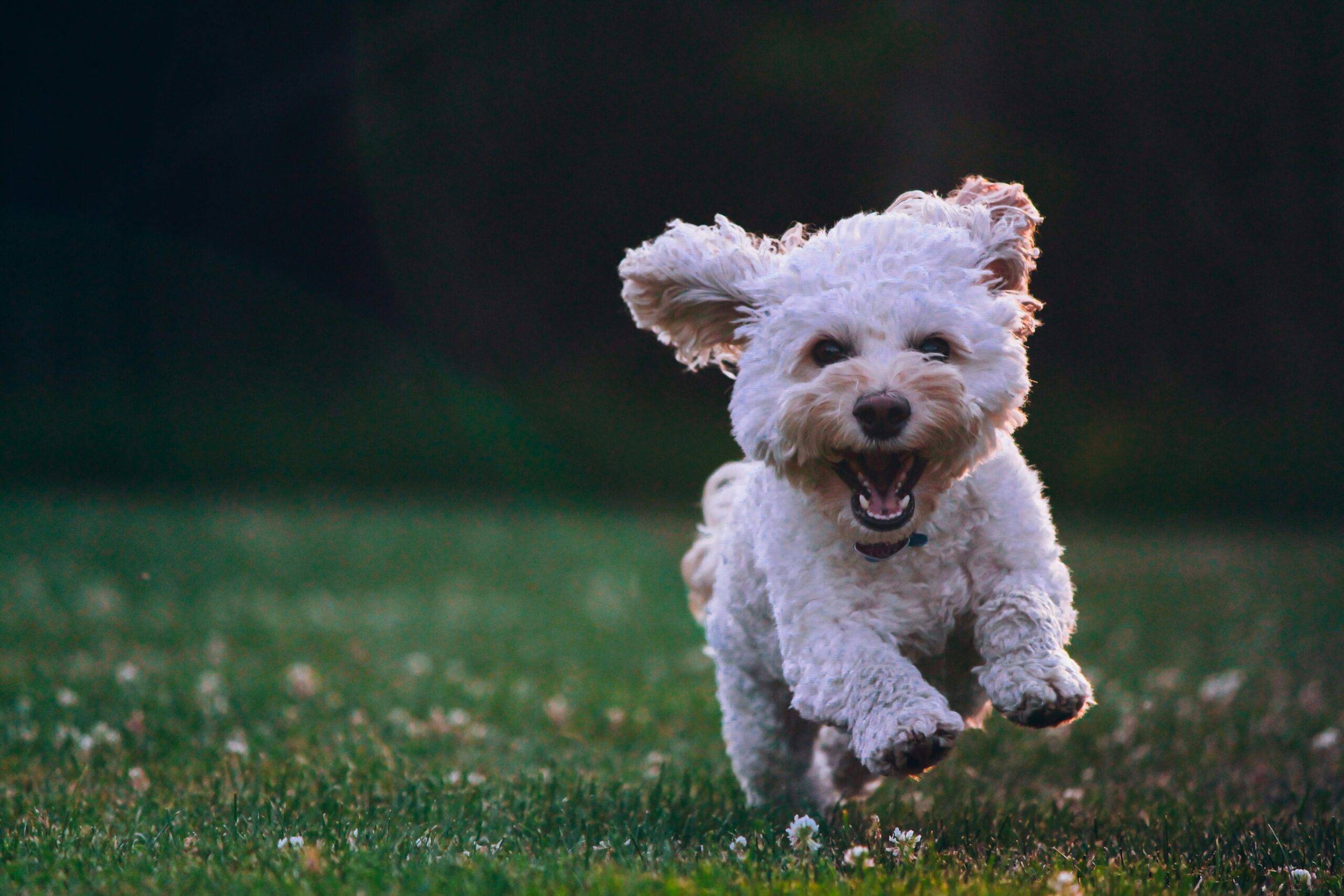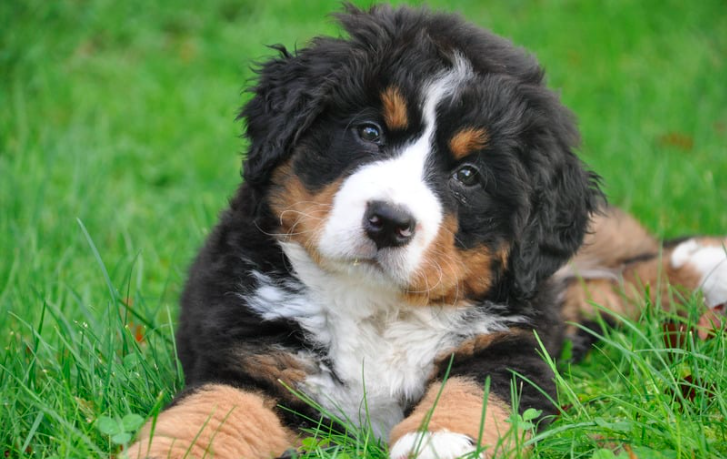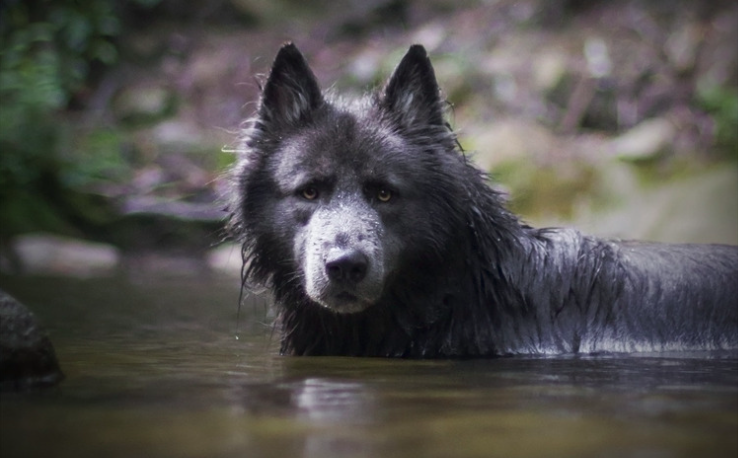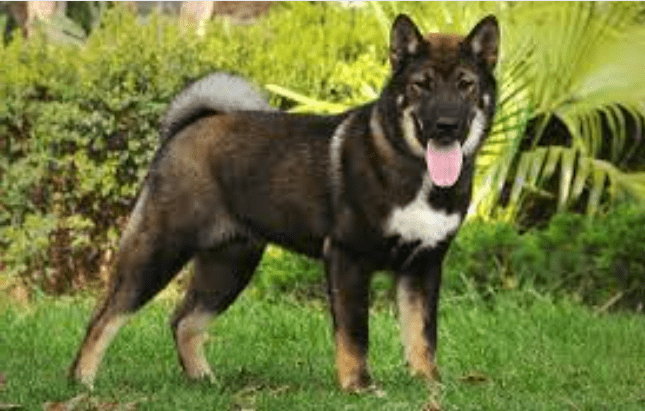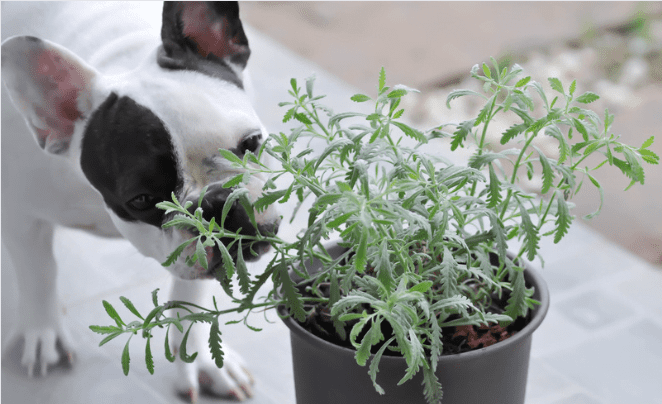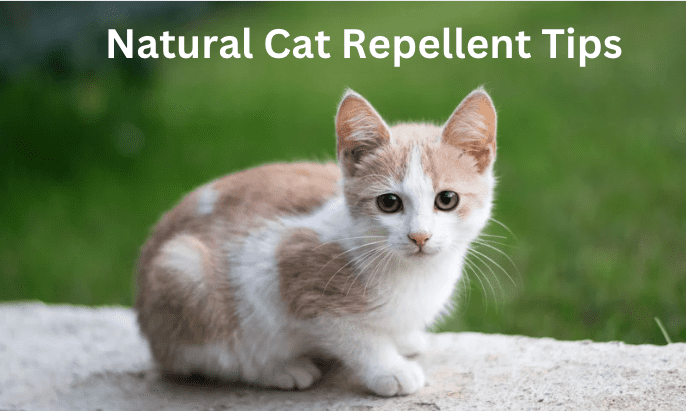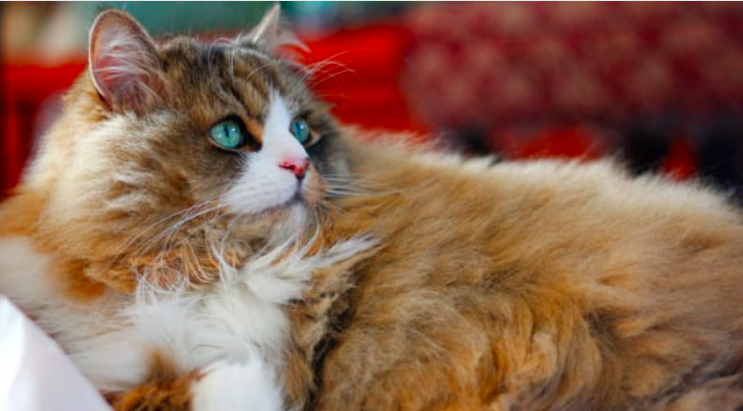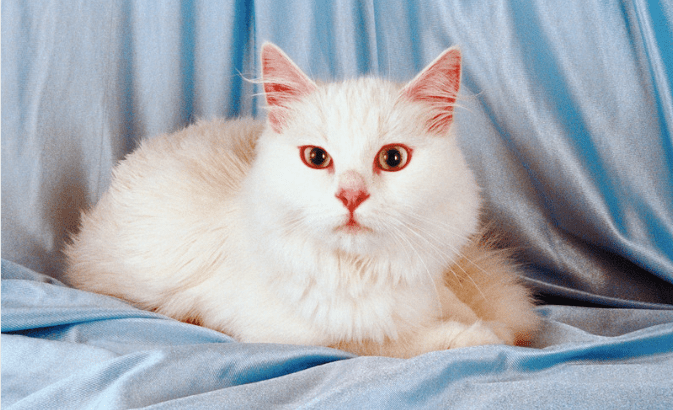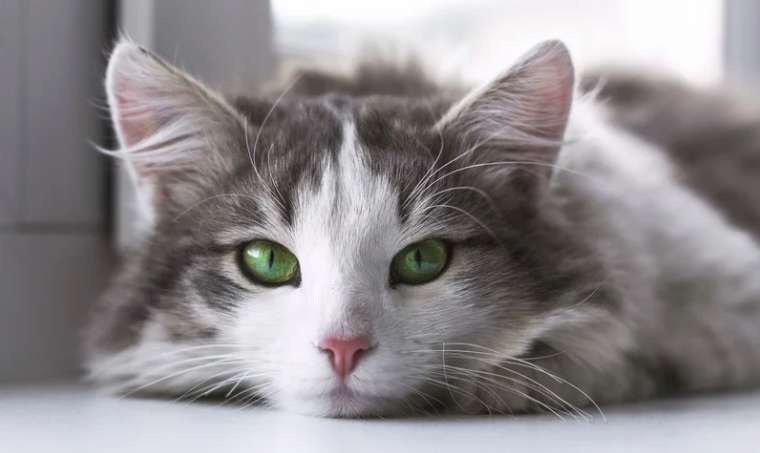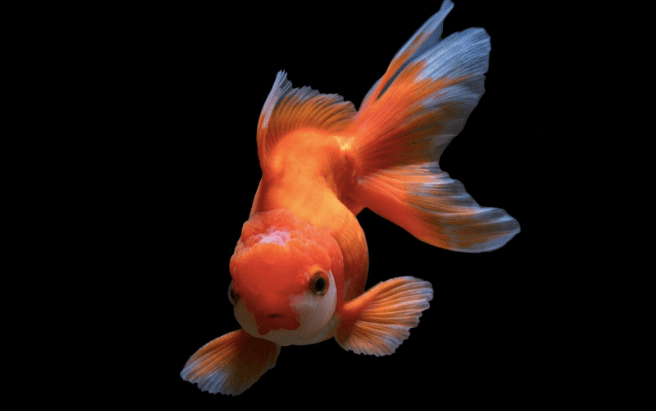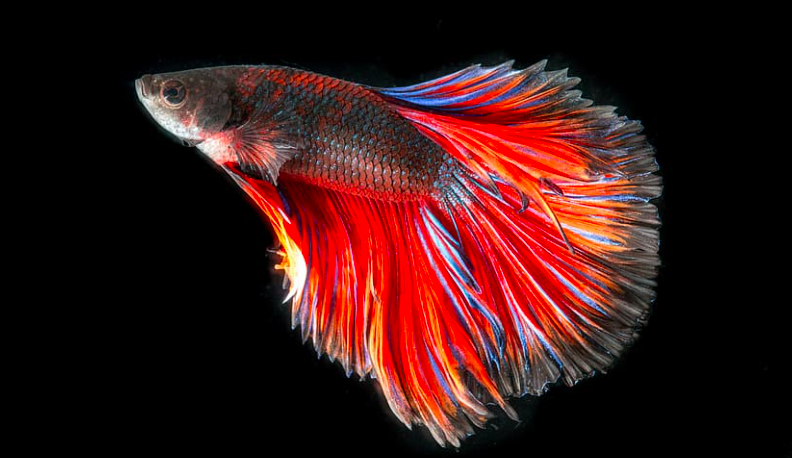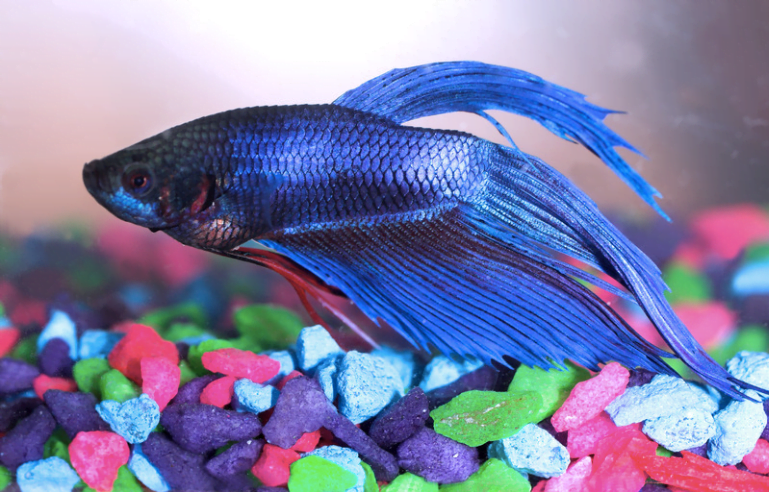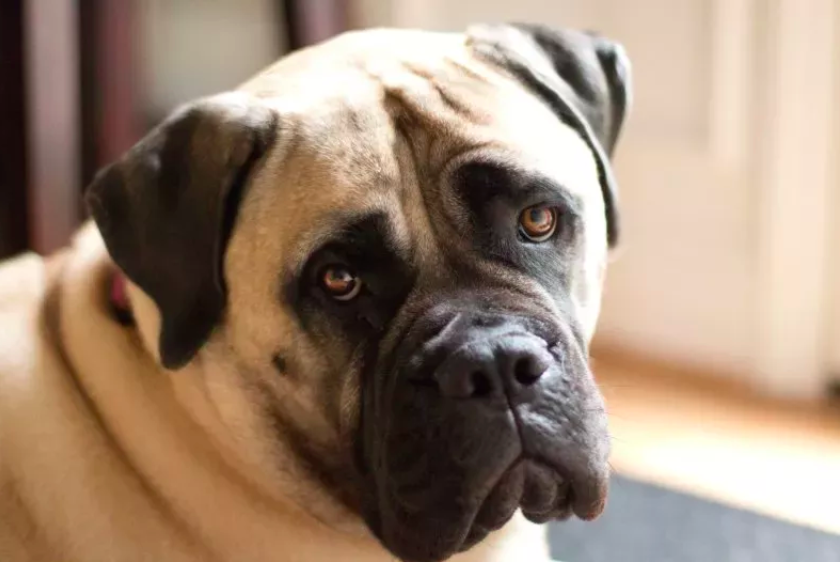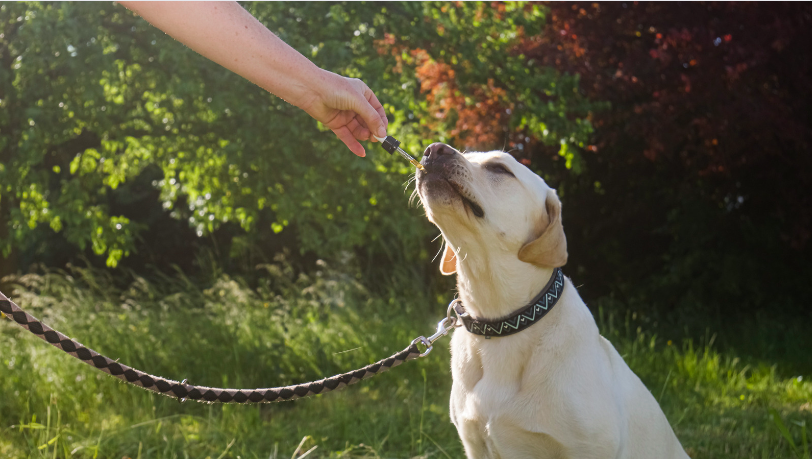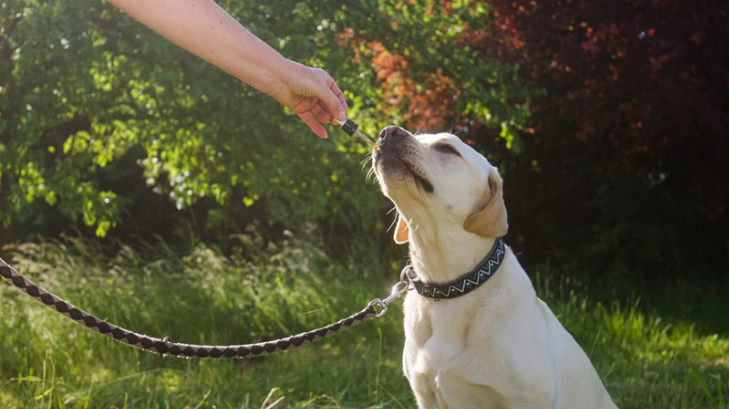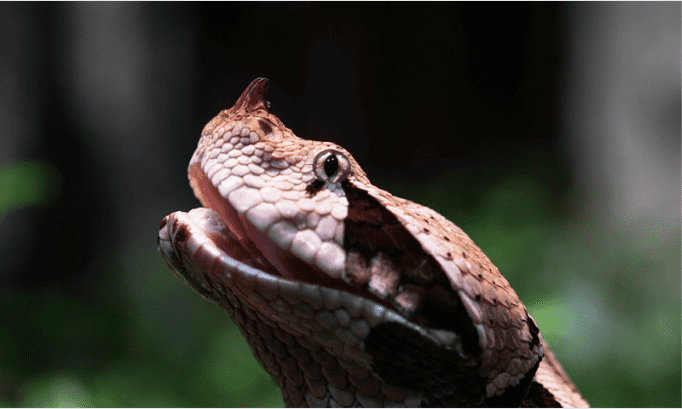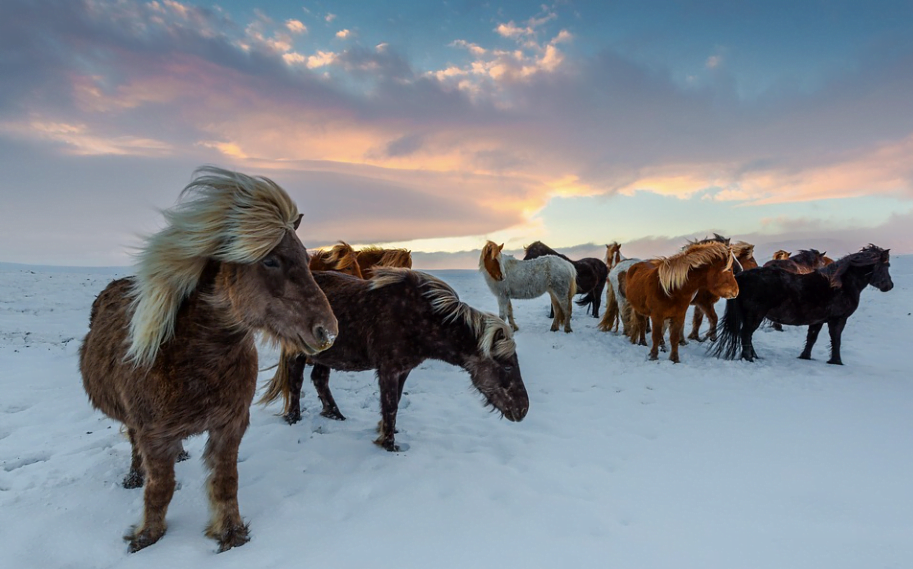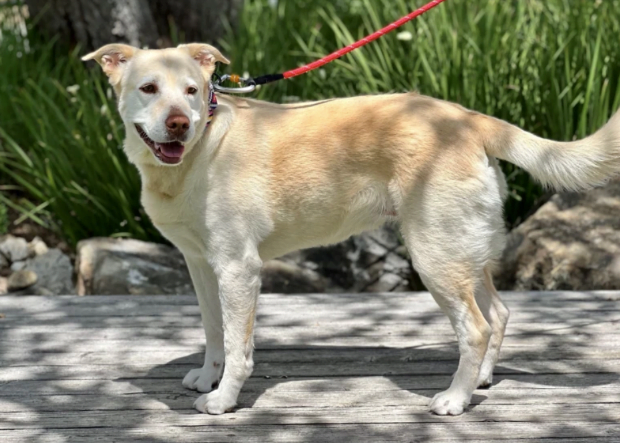Tölt Your Way To Adventure: Discovering the Magic Of The Icelandic Horse
When it comes to unique and special horse breeds, the Icelandic horse is in a league of its own.
This small, sturdy, and hardy breed has been around for over a thousand years, and it is deeply rooted in Icelandic culture and history.
In this article, we’ll explore everything there is to know about this remarkable horse, from its history to its characteristics, and everything in between.
The History of the Icelandic Horse
The Icelandic horse has a long and fascinating history that dates back to the Viking Age.
The breed was brought to Iceland by the Vikings in the 9th and 10th centuries, and since then, it has been selectively bred for its unique characteristics.
The isolation of Iceland, which prevented the introduction of other horse breeds, has allowed the Icelandic horse to remain pure and unchanged for over a thousand years.
The Viking Age
The history of the Icelandic horse dates back to the Viking Age when the breed was brought to Iceland by the Vikings in the 9th and 10th centuries.
The Vikings valued horses for their strength and endurance, and they brought with them a variety of breeds to Iceland, including the ancestors of the Icelandic horse.
Selective Breeding
Once in Iceland, the Icelandic horse was selectively bred for its unique characteristics.
The isolation of Iceland prevented the introduction of other horse breeds, which allowed the Icelandic horse to remain a distinct breed with its own unique traits.
Over time, the breed evolved to become well-suited to the harsh Icelandic climate, developing a thick and luxurious coat and a unique gait known as the tölt.
Icelandic Culture and Identity
The Icelandic horse played an essential role in Icelandic culture and identity, becoming an important symbol of status and wealth.
The breed was also used for transportation, farming, and hunting, and horsemanship became an essential part of Icelandic life.
International Recognition
In the 20th century, the Icelandic horse gained popularity outside of Iceland, particularly in Europe and North America. Breeders and enthusiasts were drawn to the breed’s unique characteristics, including its distinctive gait, hardy nature, and small size.
The breed was also used for various equestrian sports and competitions, including endurance riding, dressage, and racing.
Today’s Icelandic Horse
Today, the Icelandic horse remains an essential part of Icelandic culture and identity. The breed is also recognized and admired all over the world for its unique characteristics and long and storied history.
Whether you’re a seasoned equestrian or a casual rider, the Icelandic horse is a breed that is worth learning about and experiencing firsthand.
Characteristics of the Icelandic Horse
The Icelandic horse is a small and sturdy breed that is known for its unique characteristics. Here are some of the key traits that make the Icelandic horse so special:
Size
The Icelandic horse is a small breed, standing between 12 and 14 hands high. However, don’t let their size fool you – these horses are incredibly strong and sturdy, able to carry up to 30% of their body weight.
Coat
One of the most remarkable things about the Icelandic horse is its thick and luxurious coat.
The breed developed this coat as a way to survive in the harsh Icelandic climate, and it serves as insulation against the cold and wet. The coat also comes in a wide range of colors, including chestnut, black, gray, palomino, and many more.
Gait
The Icelandic horse is known for its distinctive gait, the tölt. The tölt is a four-beat lateral ambling gait that is both smooth and comfortable for the rider. It is unique to the Icelandic horse and is a key part of the breed’s identity.
The Icelandic horse also has a unique flying pace, which is a two-beat lateral gait that can reach speeds of up to 30 mph. This gait is used primarily in racing and competition.
Temperament
The Icelandic horse is known for its excellent temperament, which makes it a popular choice for riders of all levels. They are gentle and willing horses that are easy to train and handle. They are also intelligent and responsive, making them a pleasure to work with.
Health and Longevity
The Icelandic horse is known for its excellent health and longevity. They are hardy and low-maintenance horses that can thrive in a variety of environments.
With proper care and attention, many Icelandic horses live well into their 30s, making them a long-term investment for any rider or owner.
Overall, the Icelandic horse is a remarkable breed with unique characteristics that make it a popular choice for riders and enthusiasts all over the world.
Whether you’re interested in their distinct gait, thick coat, or excellent temperament, there’s no denying that the Icelandic horse is a breed worth learning about and experiencing firsthand.
Uses of the Icelandic Horse
The Icelandic horse has been used for a variety of purposes throughout history, from transportation to farming to sport.
They are still used for riding and trekking in Iceland, where they are an essential part of the country’s culture and tourism industry. They are also used for competition in various equestrian sports, including endurance riding, dressage, and even racing.
The Icelandic horse is a versatile breed that has been used for a variety of purposes throughout history. Here are some of the key uses of the Icelandic horse:
Riding and Trekking
The Icelandic horse is still used for riding and trekking in Iceland, where it is an essential part of the country’s culture and tourism industry. Riders can experience the unique tölt gait and explore the stunning Icelandic landscape on horseback.
Equestrian Sports
The Icelandic horse is also used for various equestrian sports and competitions, including endurance riding, dressage, and racing. The breed’s unique characteristics, including its gait and hardiness, make it well-suited for these types of activities.
Farm Work
Historically, the Icelandic horse was used for farm work, including plowing fields, hauling loads, and transporting goods. While this use has declined in modern times, the breed’s strength and endurance make it well-suited for agricultural work.
Therapy and Assistance
The Icelandic horse has also been used in therapeutic settings, including riding therapy for individuals with disabilities. The breed’s gentle nature and willingness to work make it a popular choice for therapeutic riding programs.
Overall, the Icelandic horse is a versatile breed that can be used for a variety of purposes. Whether you’re interested in riding, competition, or farm work, the Icelandic horse’s unique characteristics make it a valuable and highly adaptable breed.
Caring for the Icelandic Horse
Caring for an Icelandic horse is relatively easy, as they are hardy and low-maintenance. They are known for their excellent health and longevity, with some horses living well into their 30s.
They thrive on a diet of grass and hay, supplemented with minerals and vitamins as needed. Regular exercise and grooming are also essential for keeping these horses healthy and happy.
Diet
The Icelandic horse thrives on a diet of grass and hay, supplemented with minerals and vitamins as needed. It is important to provide your horse with access to clean and fresh water at all times, particularly during hot or dry weather.
Shelter
While Icelandic horses are hardy and can tolerate cold and wet conditions, they still require shelter from extreme weather conditions, particularly wind, and rain.
A sturdy and well-ventilated shelter, such as a barn or run-in shed, can provide protection and comfort for your horse.
Exercise and Training
Regular exercise and training are important for keeping your Icelandic horse healthy and happy. The breed’s unique tölt gait requires regular practice and conditioning to maintain, and consistent exercise can also help prevent obesity and other health issues.
Grooming
Regular grooming is also important for maintaining your Icelandic horse’s health and appearance. Brushing and combing your horse’s coat can help remove dirt and debris, prevent matting and tangling, and promote healthy skin and hair.
Veterinary Care
Regular veterinary care is essential for keeping your Icelandic horse healthy and identifying any potential health issues early on.
It is important to schedule regular check-ups and vaccinations, as well as to seek veterinary care promptly if you notice any signs of illness or injury.
Overall, caring for an Icelandic horse is relatively simple and straightforward.
By providing your horse with a healthy diet, shelter, exercise, grooming, and veterinary care, you can help ensure that your horse remains healthy, happy, and thriving for years to come.
Buying an Icelandic Horse
If you’re interested in buying an Icelandic horse, there are a few things to keep in mind. First and foremost, make sure you find a reputable breeder who has a good reputation and can provide you with a healthy, well-trained horse.
You should also consider the horse’s age, temperament, and level of training, as well as your own experience and riding goals.
Level of Experience
It is important to consider your level of experience and riding goals when buying an Icelandic horse. While some horses may be suitable for beginner riders, others may require more advanced training and handling.
Temperament
The Icelandic horse is known for its excellent temperament, but it is still important to choose a horse that is well-suited for your needs and riding style. Look for a horse that is calm, gentle, and responsive to your cues.
Health and Soundness
When buying an Icelandic horse, it is important to ensure that the horse is healthy and free from any underlying health issues or soundness problems.
A pre-purchase exam from a veterinarian can help identify any potential issues and ensure that you are making a wise investment.
Training and Experience
Consider the horse’s training and experience when making a purchase. A horse with previous training and experience in your desired riding discipline can be a valuable asset, while a horse with little to no experience may require more time and resources to train.
Breeder and Seller Reputation
When buying an Icelandic horse, it is important to choose a reputable breeder or seller with a track record of producing high-quality horses.
Look for breeders and sellers who are transparent about their breeding and training practices and who are willing to provide references and testimonials.
Overall, buying an Icelandic horse can be a rewarding and exciting experience, but it is important to approach the process with caution and careful consideration.
By keeping these factors in mind and working with a reputable breeder or seller, you can find the perfect Icelandic horse to meet your needs and riding goals.
Health Issues
Like all horses, the Icelandic horse can be prone to certain health issues. Here are some of the most common health concerns to watch for in the Icelandic horse:
Laminitis
Laminitis is a painful and potentially life-threatening condition that can affect horses of all breeds, including the Icelandic horse.
It is caused by inflammation of the tissues that connect the hoof wall to the bone and can be triggered by factors such as obesity, overfeeding, and certain medications.
Colic
Colic is a common digestive issue that can affect horses of all breeds, including the Icelandic horse.
It is caused by a variety of factors, including stress, dietary changes, and intestinal blockages, and can range in severity from mild discomfort to life-threatening.
Respiratory Issues
Respiratory issues, such as allergies and asthma, can affect horses of all breeds, including the Icelandic horse. These issues can be caused by factors such as dust, pollen, and other irritants, and can range in severity from mild to severe.
Skin Conditions
Skin conditions, such as rain rot and sweet itch, can be common in horses, including the Icelandic horse. These conditions can be caused by factors such as poor grooming, exposure to certain allergens, and bacterial or fungal infections.
Joint Issues
Joint issues, such as arthritis, can be common in horses, including the Icelandic horse. These issues can be caused by a variety of factors, including age, overuse, and injury.
It is important to work with a veterinarian to develop a comprehensive health plan for your Icelandic horse, including regular check-ups, vaccinations, and preventative care measures.
By monitoring your horse’s health and addressing any issues promptly, you can help ensure that your Icelandic horse remains healthy and happy for years to come.
Life Span
The Icelandic horse is known for its excellent health and longevity. With proper care and attention, many Icelandic horses can live well into their 30s, making them a long-term investment for any rider or owner.
Factors that can impact the life span of an Icelandic horse include diet, exercise, veterinary care, and genetics.
By providing your Icelandic horse with a healthy and balanced diet, regular exercise and training, and consistent veterinary care, you can help ensure that your horse lives a long and healthy life.
It is also important to choose an Icelandic horse from a reputable breeder who selects for health and longevity in their breeding program.
By selecting a horse with good genetics and a strong family history of longevity, you can increase the chances of your horse living a long and healthy life.
Overall, the Icelandic horse is a hardy and long-lived breed that can be a valuable and rewarding investment for any rider or owner.
By providing your horse with the care and attention it needs to thrive, you can enjoy many years of companionship and partnership with your Icelandic horse.
Conclusion
Whether you’re interested in Icelandic horses for their unique characteristics, their rich history, or their versatility as riding and competition horses, there’s no denying that they are truly remarkable animals.
By understanding their history, characteristics, uses, and care requirements, you can gain a greater appreciation for these beautiful and hardy horses and their special place in the world of equestrianism.
And, Whether you’re a seasoned equestrian or a casual rider, the Icelandic horse is a breed worth learning about and experiencing firsthand.
Questions People Also Ask: (FAQs)
What makes the Icelandic horse so unique?
The Icelandic horse is unique because of its small size, distinctive gait, and thick coat, which allow it to thrive in the harsh Icelandic climate.
What is the tölt?
The tölt is a four-beat lateral ambling gait that is smooth and comfortable for the rider.
Can Icelandic horses be used for competition?
Yes, Icelandic horses can be used for various equestrian sports, including endurance riding, dressage, and racing.
Are Icelandic horses hard to care for?
No, Icelandic horses are hardy and low-maintenance, and they thrive on a diet of grass and hay, supplemented with minerals and vitamins as needed.
Can I buy an Icelandic horse if I’m a beginner rider?
It’s important to consider your level of experience and riding goals before buying an Icelandic horse. Some horses may be suitable for beginner riders, while others may require more advanced training and handling.
What colors do Icelandic horses come in?
Icelandic horses come in a wide range of colors, including chestnut, black, gray, palomino, and many more.
Where can I learn more about Icelandic horses?
There are many resources available for learning more about Icelandic horses, including breed associations, online forums, and local breeders and trainers.
We appreciate you for taking the time to read this article!
Finally, we hope you found this article interesting? And what do you think about ”Tölt Your Way To Adventure: Discovering the Magic Of The Icelandic Horse!?”
Please feel free to share or inform your friends about this article and this site, thanks!
And let us know if you observe something that isn’t quite right.



